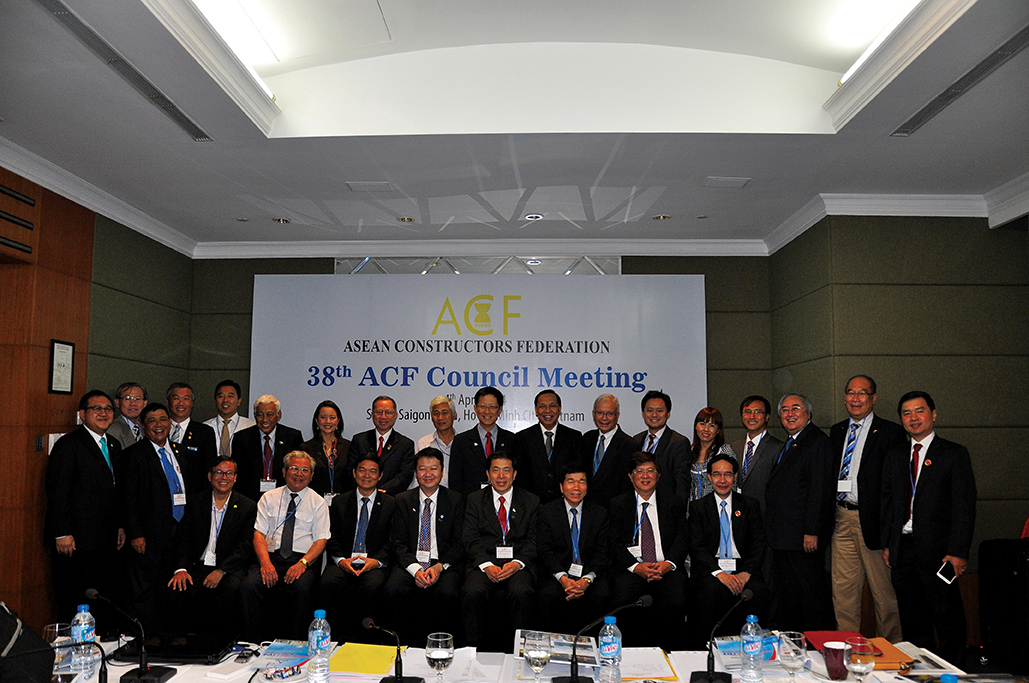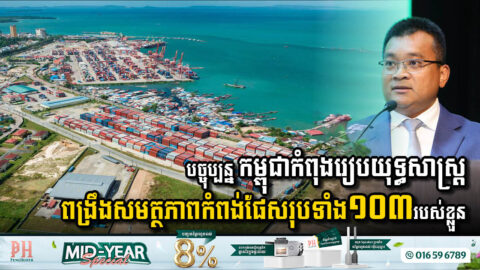Germany Reaffirms Commitment to Cambodia’s Infrastructure Development
In a significant milestone marking 32 years of diplomatic relations, Germany has played a pivotal role in enhancing Cambodia’s infrastructure, contributing to the development of over 2,000 kilometers of roadways. This achievement was highlighted during a recent meeting between His Excellency Chhay Rithsen, Cambodia’s Minister of Rural Development, and Mr. Gidon Windecker, a representative of […]
Cambodia Enhances Port Management and Development: A Workshop for Zoning Strategies
In an effort to strengthen administrative management and enhance efficiency across its maritime operations, Cambodia is focusing on its 103 ports. The Ministry of Public Works and Transport is currently developing comprehensive zoning documents as part of the “Capacity Building Project for Port Administration Management.” This initiative was outlined in a recent workshop led […]
Emirates Airline Expands Direct Flight Services to Cambodia to Enhance Tourism and Trade
In a significant boost to travel and trade, Emirates Airline has announced its commitment to expanding flight connections with Cambodia, marking a pivotal step in enhancing tourism between the two nations. The announcement comes on the heels of the airline’s inaugural flight landing at Siem Reap Angkor International Airport on June 3, 2025. His Excellency […]
Cambodian King Calls for Collaborative Action Against Plastic Pollution
In a passionate address to the nation, His Majesty King Norodom Sihamoni urged all stakeholders to join forces in managing plastic waste to safeguard the environment. This appeal coincides with National Environment Day and World Environment Day on June 5, which this year emphasizes the urgent need to “Beat Plastic Pollution.” His Majesty emphasized that […]
Progress in Cambodia’s Systematic Land Measurement
The Ministry of Land Management, Urban Planning and Construction has announced significant progress in the systematic land measurement initiative across Cambodia. As of May 25, 2025, more than 13 million land parcels have been successfully measured, with about 314,456 parcels remaining to be assessed from the total estimated 13,651,963 nationwide. According to the latest reports, […]
Chinese Investment to Boost Bavet City with New 5-Star Hotel
In a significant development for the local economy, YUNYA Hotel Co., Ltd., a Chinese company, has announced a substantial investment exceeding 60 million USD to construct a luxurious 5-star hotel in Bavet City. The provincial authorities have already conducted inspections at the project site, signaling the commencement of this ambitious venture. During a site […]



 ខ្មែរ
ខ្មែរ







